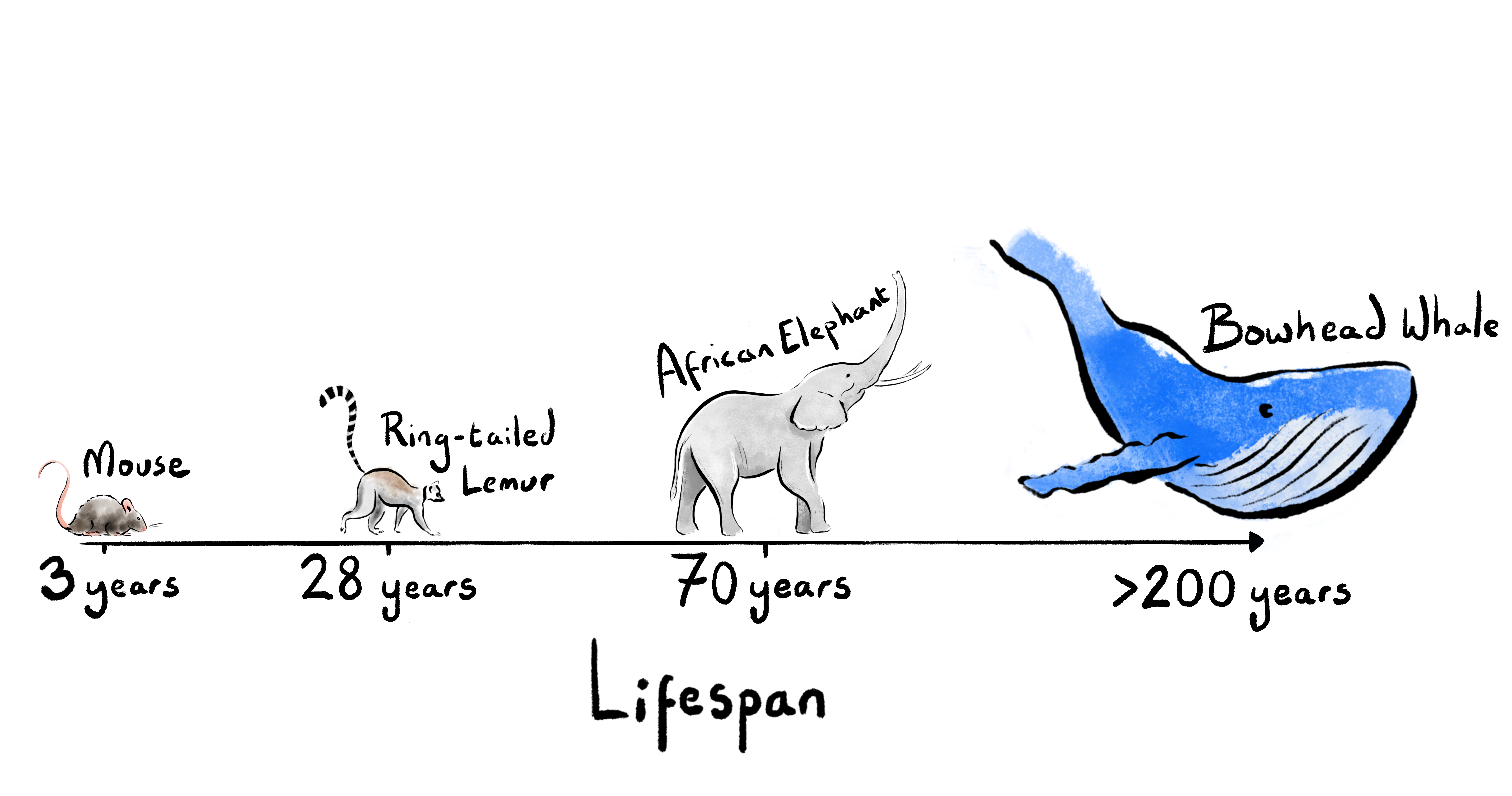
Comparative Somatic Evolutionary Genomics
Key words
Somatic evolution, comparative genomics, ageing, cancer, environment, population genetics.
Research interests
My research seeks to understand the evolutionary processes that occur within our bodies as we age and their consequences for health.
Evolution is often considered to be an almost imperceptibly slow process. However, the cells that compose our own bodies are constantly acquiring mutations. Some of these mutations may influence cellular phenotypes, such as growth, resulting in clonal expansions. Over time our bodies become a patchwork of clones. These processes drive cancer progression and may contribute to ageing. When these processes are active in the germline they can have profound transgenerational consequences. Due to technical limitations until recently these evolutionary landscapes have remained almost entirely unexplored. Our group works with laser capture microdissection and genome sequencing to describe and understand these processes of somatic evolution. In particular I develop and apply methods to study somatic mutational landscapes across diverse species, leveraging the power of comparative evolutionary genomics to gain insights into somatic mutational processes across the tree of life. Currently my group focuses on three main research areas:
Ageing
There is enormous diversity in the rates of ageing and lifespans across species. Comparing somatic mutational processes and clonal dynamics in species with diverse lifespans could provide insights into the complex factors that contribute to ageing and potentially guide future interventions for age-related diseases.
Cancer
Cancer risk does not increase proportionally with lifespan or body-size across species. This observation, known as ‘Peto’s Paradox’, suggests that larger, longer-lived species have evolved superior cancer suppression mechanisms. Studying somatic mutation and clonal dynamics in these species could lead to the discovery of their cancer resistance mechanisms, opening the door for novel therapeutic strategies.
Environmental Monitoring
Environmental pollutants are a significant contributor to early mortality. The distinctive mutational signatures created by some pollutants and the impact others have on clonal dynamics within tissues could be leveraged for genomic surveillance of sentinel species, offering a fast and effective tool to monitor the presence and impact of pollutants, similar to the ‘canary in the coal mine’.
